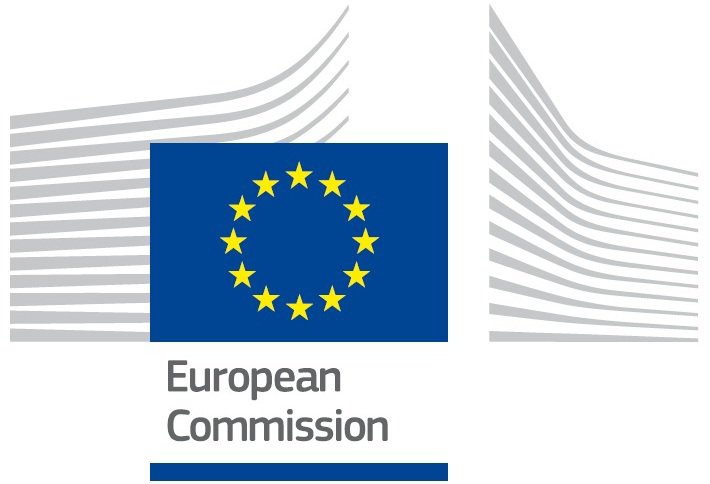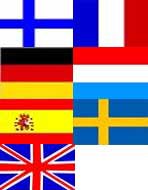ERD 2011/2012: European Report on Development
Throughout the world, humanity is putting unsustainable pressure on natural resources and this manifests itself in new challenges and opportunities for developing countries. Water, energy and land are intimately connected. For example, producing more food needs more water and more energy, as well as more land, and developing countries are a frequent target for investment in land for agricultural production. Trying to tackle climate change by producing bio-fuels adds to pressure on land and water. None of us can escape the consequences of the impending resource crisis.
At a meeting on 6 April 2011 in Brussels around 80 eminent academics and high-level policy makers from Europe and the South met to discuss this and what the guiding principles for the European Report on Development (ERD) 2012 should be. The following overarching question discussed at the meeting was:
What does the evidence tell us about the appropriate roles of the public and private sector, and their interactions, in managing natural resources for inclusive and sustainable growth in the context of increased scarcity and climate change?
To put this question into a sharper focus, ERD 2012 will be divided into three main parts:
- Context, concepts and frameworks: with attention on the land-water-energy nexus, including such issues as resource-efficient production, water access for productive uses, threats to food security, land acquisitions, and bio-fuels.
- Case studies: to illustrate resource scarcity, the major transitions outlined under the land-water-energy nexus, as well as the move towards a global low-carbon world by promoting energy efficiency and renewable energy.
- Policy implications: pulling together evidence and trends from the case studies that outline best practices and roles for the private sector and options for public-sector engagement, from concrete regulations/subsidies/taxes and punitive steps, to cooperative initiatives including public-private partnerships leading to better natural resource management.
Staff
-
Raphaëlle Faure
Research Associate
-
Dirk Willem te Velde
Director, International Economic Development Group, Principal Research Fellow
Supported by
-
European Commission (EC)

-
Seven Member States (Finland, France, Germany, Luxembourg, Spain, Sweden and the United Kingdom)



